Downgraded Global Growth Forecasts
A look at the world economic growth, which falls below last forecast.

Corina Cristea, 11.12.2015, 14:38
In November, the Organization for Economic Cooperation and Development (OECD) downgraded global growth forecasts, for the second time in the past three months. The decision is closely connected to the slow progress on emerging markets, which impacts other countries as well, such as Germany and Japan. Forecasts show the world economy will grow by 2.9%, down from 3% in September, but will pick up to 3,3% in 2016. However, it will fall below the earlier 3.6% estimate.
Worldwide trade growth is forecast at a modest 2% this year, down from 3.4% in 2014. The OECD chief economist Catherine Mann said: “This is deeply concerning. Robust trade and global growth go hand in hand.”
On the other hand, the refugee crisis in Europe might boost economic growth, with the governments’ extra spending on migration-related issues. The inflow of refugees could add between 0.1 and 0.2% to the GDP growth rate in 2016 and 2017, OECD estimates. If the refugees who remain on European soil are rapidly integrated into society, then the hosting countries will only have gain from that, the OECD report also shows. The European Commission estimates that some 3 million asylum-seekers will reach the European Union by 2017.
As regards the Romanian economy, it is also likely to follow an upward trend in the coming years. According to Radio Romania’s correspondent to Brussels, Cerasela Radulescu, the European Commission’s estimates for 2015 indicate a budget deficit of 1.5%, which will remain equal to the set target. The aforementioned estimates also point to a drop in the unemployment rate.
Cerasela Radulescu: “The European Commission expects the Romanian economy to continue to grow over the next few years, reaching a peak of 4.1% next year, against stronger consumption due to lower taxation. EC Vice-President Valdis Dombrovski said that these predictions indicate better economic performance for Romania. He said that this would not have been possible without decisive action that was taken in reforming public finance. However, continuing structural reform remains extremely important, alongside ensuring the sustainability of public finance and economic growth on short and medium term through responsible budget policies. The EC expects the unemployment rate to continue to drop in Romania in the next few years.”
In Bucharest, the National Bank of Romania has changed its estimates for inflation in 2015 and 2016. Right now it estimates an inflation 0.7% lower for the end of this year, and 1.1% at the end of next year, from minus 0.3% and 0.7%, respectively, as it had previously expected. The National Bank governor, Mugur Isarescu, said that in the third quarter of 2015, the consumer price index had a lower trajectory than anticipated, due mostly to three factors.
Mugur Isarescu: “The main factor that pushed inflation downwards and in the negative, not only outside its intended target, was reducing the VAT for all food, non-alcoholic drinks and the restaurant industry. Also in this direction, a major factor was the sharp drop in the price of crude oil on the world market and the subsequent drop in fuel prices in Romania, as well as the expectation of very low inflation.”
According to the central bank governor, inflation will stay in the negative until late next year, and will revert to the interval targeted by the National Bank, between 1.5 and 3.5%, only as late as 2017. In this context, he said that inflation may be influenced by uncertainties about foreign as well as domestic markets. In this context, he said that people who got relatively cheap loans in the national currency should not be afraid there would be shocks in this area, because the National Bank will act using its available tools to maintain a relative stability in all areas, be it prices, exchange rates and interest rates. The governor of the National Bank added that the boom in foreign currency lending right before the crisis, even though it had among its causes the confidence the Romanians had that the country would join the Eurozone in 2015, was mainly caused by other aspects too.
Mugur Isarescu: “The boom in foreign currency lending was also linked to setting targets that didn’t seem at all ambitious, but the engine for foreign currency lending was linked to the fact that interest rates in Romania were higher, we privatised foreign capital banks, they came with good things, capital, management, good administration, credibility, but they also came with this product, foreign currency lending, which very few, in 2006-2007, believed could be so toxic.”
The wish for improvement generated the belief in Romania that once the country joined the EU, Romanians would live better, just like in the west European countries, which turned out to be an illusion, said the governor of the National Bank.
(Translated by: Eugen Nasta and Calin Cotoiu; Edited by: Diana Vijeu)





























